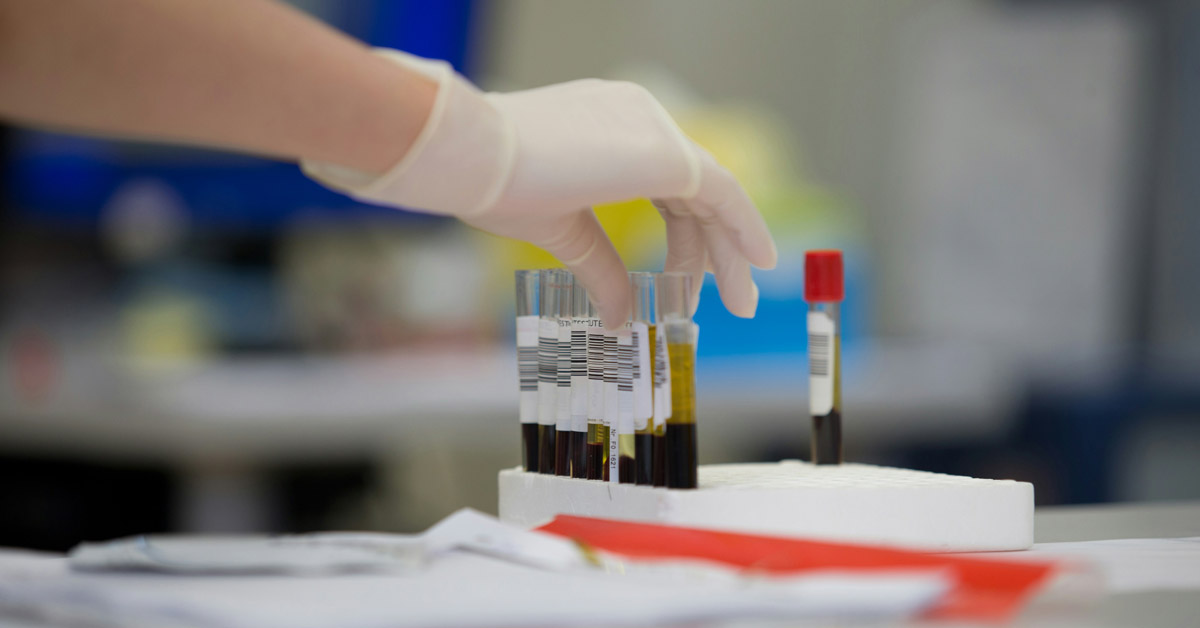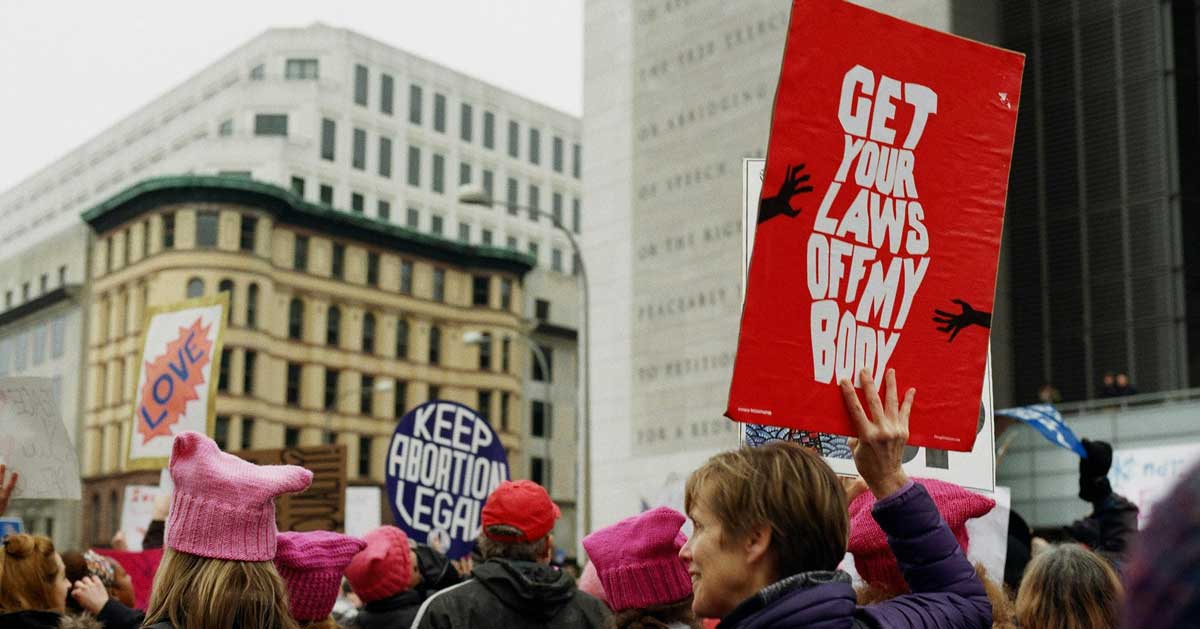Last year, the American Red Cross announced that it’s facing severe blood shortages — consistent with global shortages of blood supplies — meaning life-saving surgeries, transfusions, and more are put on hold.
While more donors are definitely necessary, collecting the needed blood supplies is not as simple as a trip to your local blood bank. This is because we all have a different blood type.
In fact, there are 45 known blood groups, all of which are categorized based on the presence of certain antigens on red blood cells.
People might have A, AB, B, or O blood types, or have a positive or negative Rh type. So, for instance, if your blood type is A-positive, you can only receive A-positive blood.
Fortunately, the O-negative blood type is universal and compatible with any blood type, since it lacks certain antigens. Unfortunately, only about 7% of people have O-negative blood.
The reason donor and recipient blood groups need to match is because the recipient’s immune system might attack and destroy the new blood cells, which could be fatal.
The good news? Researchers have discovered a way to use enzymes to remove the sugars that make up some of those antigens on A and B blood cells. This means they are one step closer to making other types of blood universal.
In a study published in Nature Microbiology, researchers at the Technical University of Denmark (DTU) and Lund University in Sweden shared the findings of a new technique.
Using enzymes produced by bacteria (that almost all of us have in our guts already!), the scientists were able to strip red blood cells of antigens and sugars that create distinctions between blood types.
The enzymes they used come from the human gut bacterium Akkermansia muciniphila, which feed on the mucus that lines the inside of our guts (cute!). The complex sugars that cover that intestinal lining are very chemically similar to the antigens found on certain types of red blood cells.
“What is special about the mucosa is that bacteria, which are able to live on this material, often have tailor-made enzymes to break down mucosal sugar structures, which include blood group ABO antigens,” professor Maher Abou Hachem, the study leader at DTU, said in a statement.
“This hypothesis turned out to be correct.”

Researchers tested 24 enzymes to process hundreds of blood samples and found that their “enzyme cocktails” could remove type A and B antigens, as well as some variants that have, until now, been deemed unusable for transfusions.
“We are close to being able to produce universal blood from group B donors, while there is still work to be done to convert the more complex group A blood,” Abou Hachem said.
“Our focus is now to investigate in detail if there are additional obstacles and how we can improve our enzymes to reach the ultimate goal of universal blood production.”
A discovery 40 years in the making
The scientists behind this discovery built their study on work that began more than 40 years ago, when the idea to use enzymes as a way to generate universal donor blood was first introduced.
Since then, more highly efficient enzymes have been discovered. But as Abou Hachem said, there is still work to be done before they are used in clinical practice. Researchers are still not able to explain or remove all immune reactions related to the blood, so their work continues.
After all, it is life-saving work.
“Universal blood will create a more efficient utilization of donor blood,” professor Martin L. Olsson, the leader of the study at Lund University, said.
Universal blood will also help curb mistakes like giving ABO-mismatched transfusions, he said.
“When we can create ABO-universal donor blood, we will simplify the logistics of transporting and administering safe blood products, while at the same time minimizing blood waste,” he added.
The researchers have applied for a patent on their enzyme method, and according to DTU, expect to make further progress within the next three-and-a-half years.
This would lead to controlled patient trials, and hopefully, a scalable method of universalizing blood types that is viable for commercial production and clinical use.
Header image courtesy of Adrian Sulyok on Unsplash



